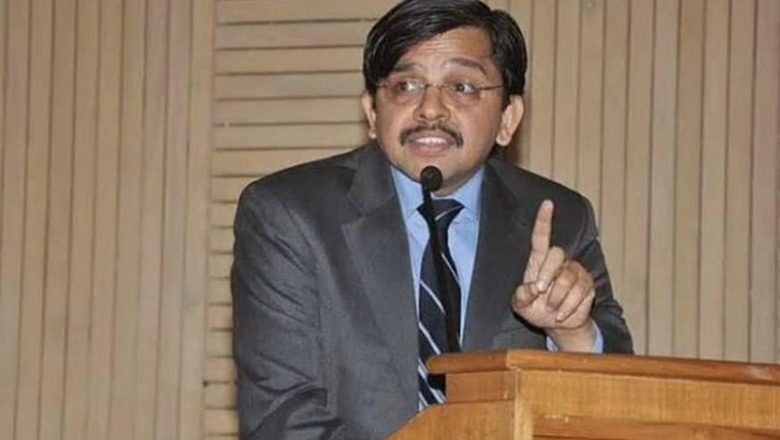
views
New Delhi: Hours after he pulled up the Delhi Police in a midnight hearing for inaction during the riots in north-east Delhi, Justice S Muralidhar of the Delhi High Court was transferred by the ministry of law and justice to the Punjab and Haryana High Court on Wednesday.
The notification comes 14 days after the Supreme Court collegium recommended Justice Muralidhar’s transfer. There were two other transfer notifications issued to transfer Justice Ranjit More of the Bombay High Court to Meghalaya, and Justice RK Malimath from Karnataka to Uttarakhand.
After the SC collegium’s recommendation to transfer Justice Muralidhar on February 12, the Delhi High Court Bar Association had expressed angst over to the decision and skipped work on February 20 as a mark of protest. Even as the transfer was notified by the law ministry on Wednesday, several people raised eyebrows over the timing of it.
Important Verdicts
In 2009, a Delhi High Court bench comprising Justice Muralidhar and then Chief Justice AP Shah had first decriminalised homosexuality in a landmark judgment. Legalising homosexual acts among consenting adults, the bench observed that Section 377 was violative of fundamental rights.
“We declare section 377 of Indian Penal Code in so far as it criminalises consensual sexual acts of adults in private is violative of Articles 21, 14, and 15 of the Constitution," the bench had said. “As it stands, Section 377 denies a gay person a right to full personhood which is implicit in the notion of life under Article 21 of the Constitution," the verdict noted.
In 2018, the Delhi High Court ruling that sentenced Congress leader Sajjan Kumar to life for his role in the Sikh massacre of 1984 overturning his acquittal by a lower court was delivered by a bench which comprised of Justice Muralidhar and Justice Vinod Goel.
While terming the ruling as a crime against humanity, the judgment held that the trial court had evaluated evidence on “erroneous considerations”.
The bench had said then as well that the police blatantly abetted the crimes committed by the rioting mobs.
“The investigation by the local police was a farce. Three out of the five trials involving allegations of murder were never investigated. The witnesses who might have seen the murders were not questioned. As pointed out by the trial Court, the State machinery came to a complete standstill in those two or three days when the rioting mobs took to the streets and indulged in acts of violence and killings, and setting properties on fire, the bench had said.
Earlier in October 2018, the same bench of Justice Muralidhar and Justice Goel had also, reversing a trial court judgement, sentenced 16 former police personnel to life for killing 42 Muslims in Hashimpura, Uttar Pradesh, in 1987.
“We hold that this [Hashmipura massacre] was targeted killing by armed forces of the unarmed, innocent and defenceless members of a particular community,” the bench had held.
Justice Muralidhar had also granted bail to imprisoned intellectuals and activists, including Gautam Navlakha, for alleged Maoist links, the same year.
He was also a part of the bench, which in January 2010 held that the office of the Chief Justice of India comes within the ambit of the RTI law. The bench had said judicial independence was not a judge’s privilege, but a responsibility cast upon him/her.



















Comments
0 comment